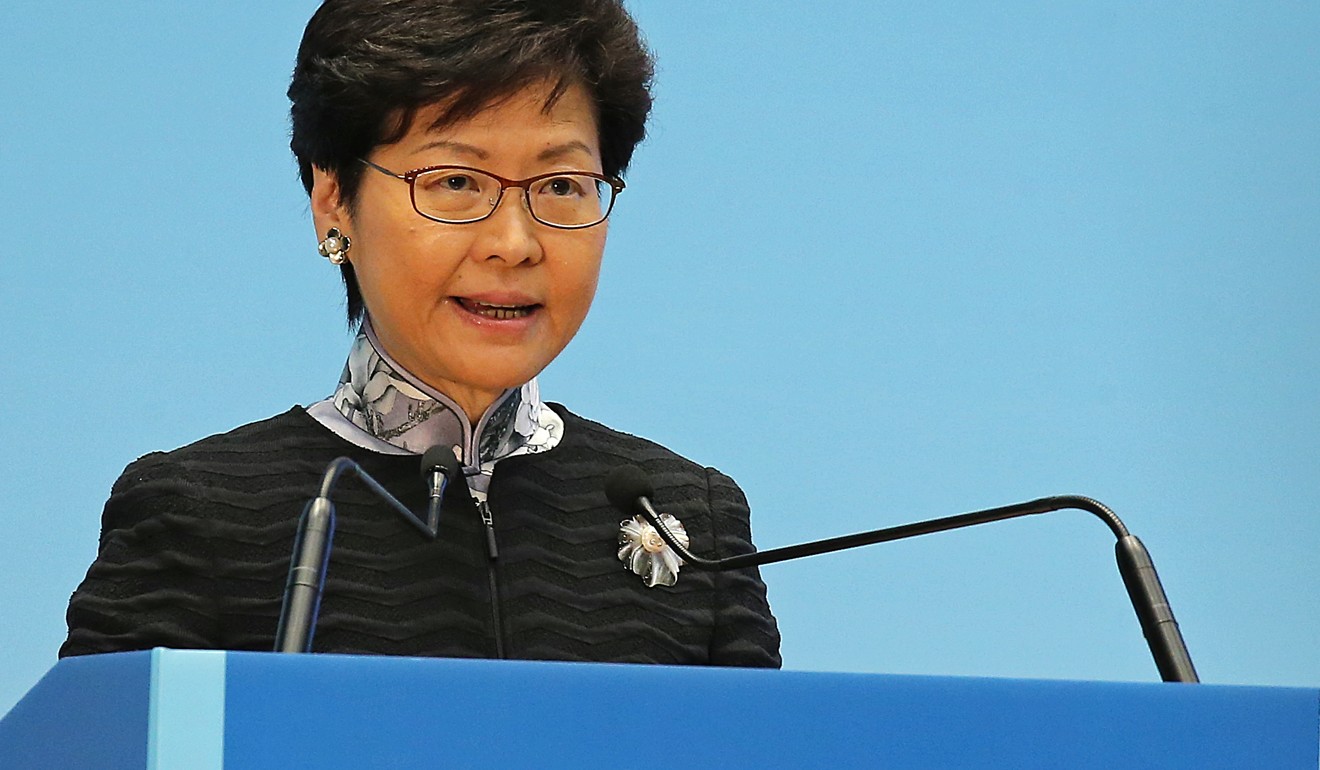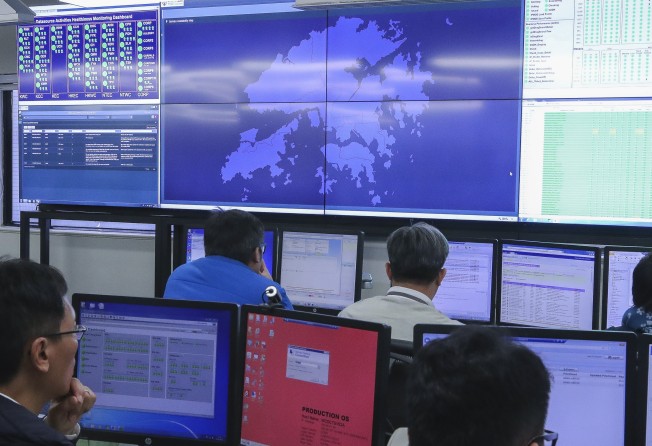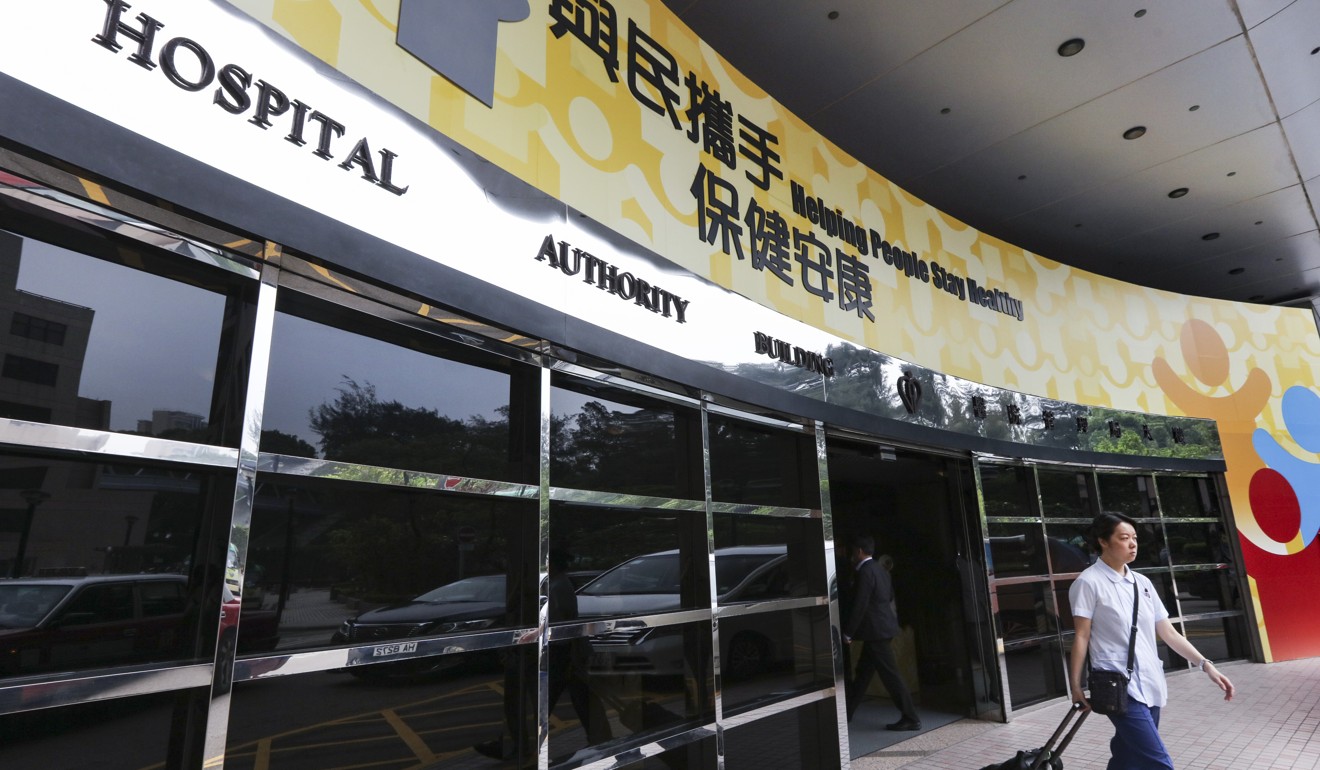
Hong Kong health bosses to unleash big data on medical records
But questions remain over how and where researchers will be able to get at the information

Health officers in Hong Kong have started work on a big data platform which will eventually allow researchers to analyse anonymised medical records.
Scholars have said they hoped the platform would mean easier access to information without creating extra hurdles, as officials grapple with questions of what data to open up and where users will access it.
The plan comes after Chief Executive Carrie Lam Cheng Yuet-ngor announced in her October policy address that the Hospital Authority, which manages the city’s public hospitals, would develop a big data system.
The idea behind the system is to identify useful patterns in the records to help shape policy and ease medical research.
Dr Cheung Ngai-tseung, the authority’s head of information technology and health informatics, said work on the platform had begun this year.
“The Hospital Authority’s data will be made available to academia,” Cheung said. “The massive amount of data could facilitate machine learning.”
Machine learning is one of the latest fields in computing, using programs which learn and improve themselves using data, without human intervention.
Cheung said big data and machine learning have been used in health care already, such as in predicting how likely a patient is to develop a specific condition in the future. But he said details such as what kind of data will be opened up and when the platform can be used had not been decided.

To address concerns that patients’ identities could be exposed by opening up information, Cheung said apart from removing names and identity card numbers from the data, scholars would have to visit a specific physical site to access it.
“The data won’t be made available on the internet,” he said.
That means researchers would have to study the data on-site without taking it back to their research centre.
There should not be elements that defeat the original purposes of opening up data
But Paul Yip Siu-fai, chair professor of population health at the University of Hong Kong, said such protection was over the top. He called the authority’s privacy worries “excessive and unnecessary”.
“The Hospital Authority holds a mindset that that data belongs to them. But in many other countries, the data is seen as a public good and [authorities] are only managing them,” he said.
“There should not be elements that defeat the original purposes of opening up data.”
He added that it would be inconvenient for researchers to visit a specific site to access data, and suggested information could be made available online after a researcher signs a declaration promising not to dig out patients’ personal identities.
Yip said one potential use for big data would be to analyse the details of people admitted to hospitals after self-harming, to help making policies to prevent suicides.
Kelvin Tsoi Kam-fai, a scholar from a big data research centre at Chinese University, said he hoped setting up such a platform would allow quicker access to information. He said the current approval process for getting data from the authority could take two to three years to complete.

Meanwhile, Cheung revealed that a smartphone app pulling together the different functions of the authority’s many existing apps would be launched next year at the earliest.
“I hope members of the public won’t have to download dozens of apps but [most issues] could be handled with one app only,” he said.
The authority has 11 mobile apps, covering things from booking specialist outpatient appointments to tips on diabetes care.